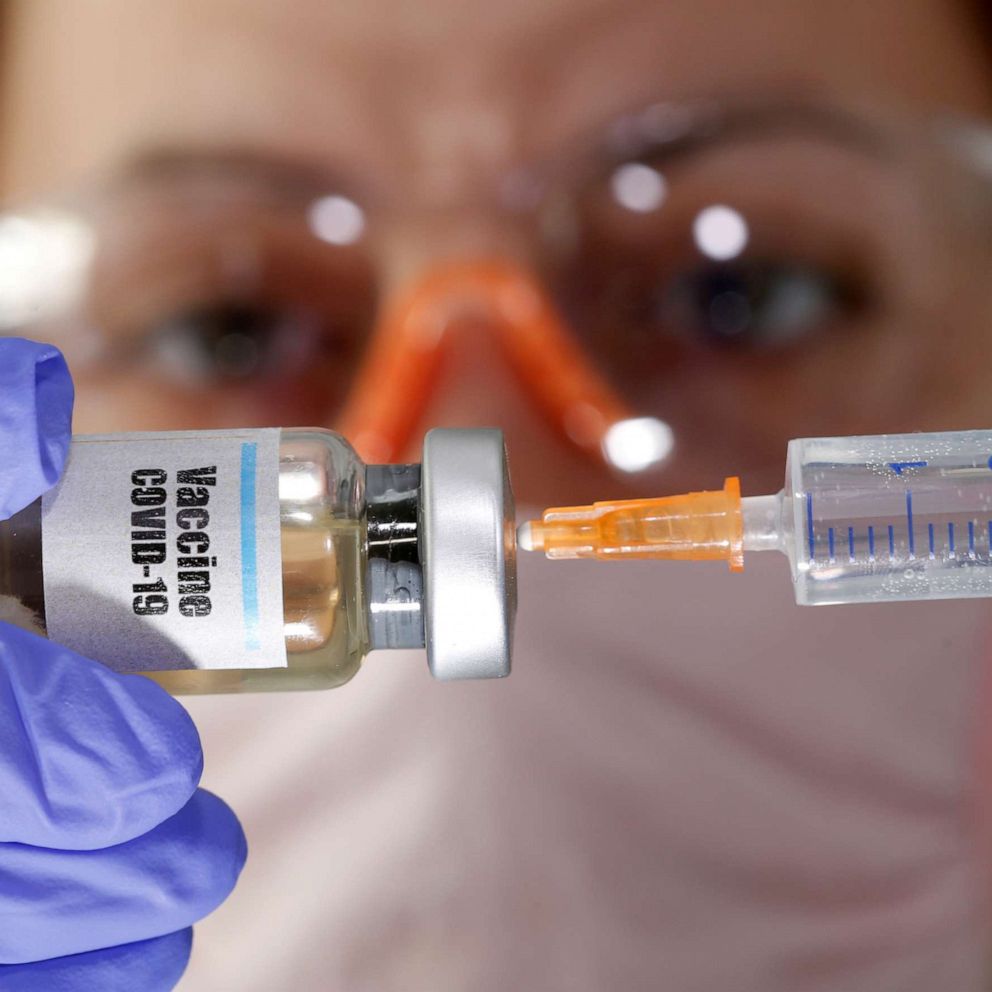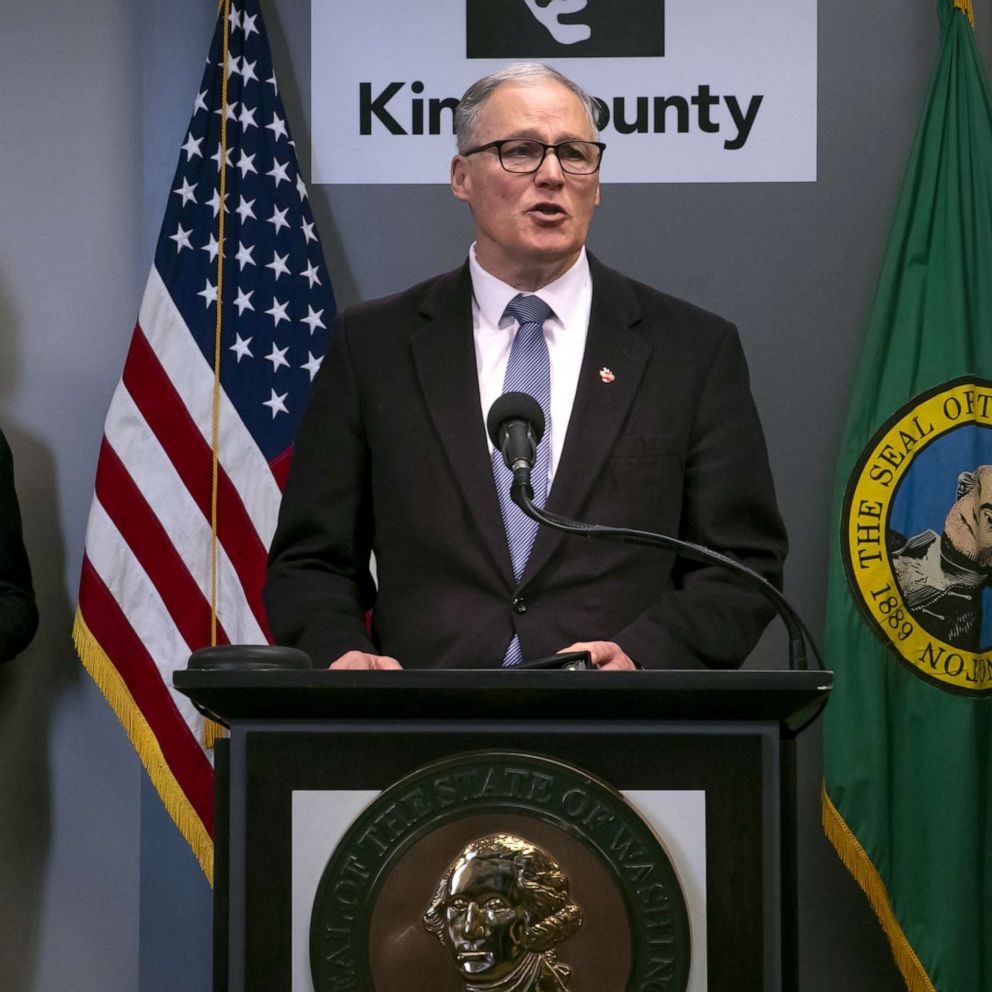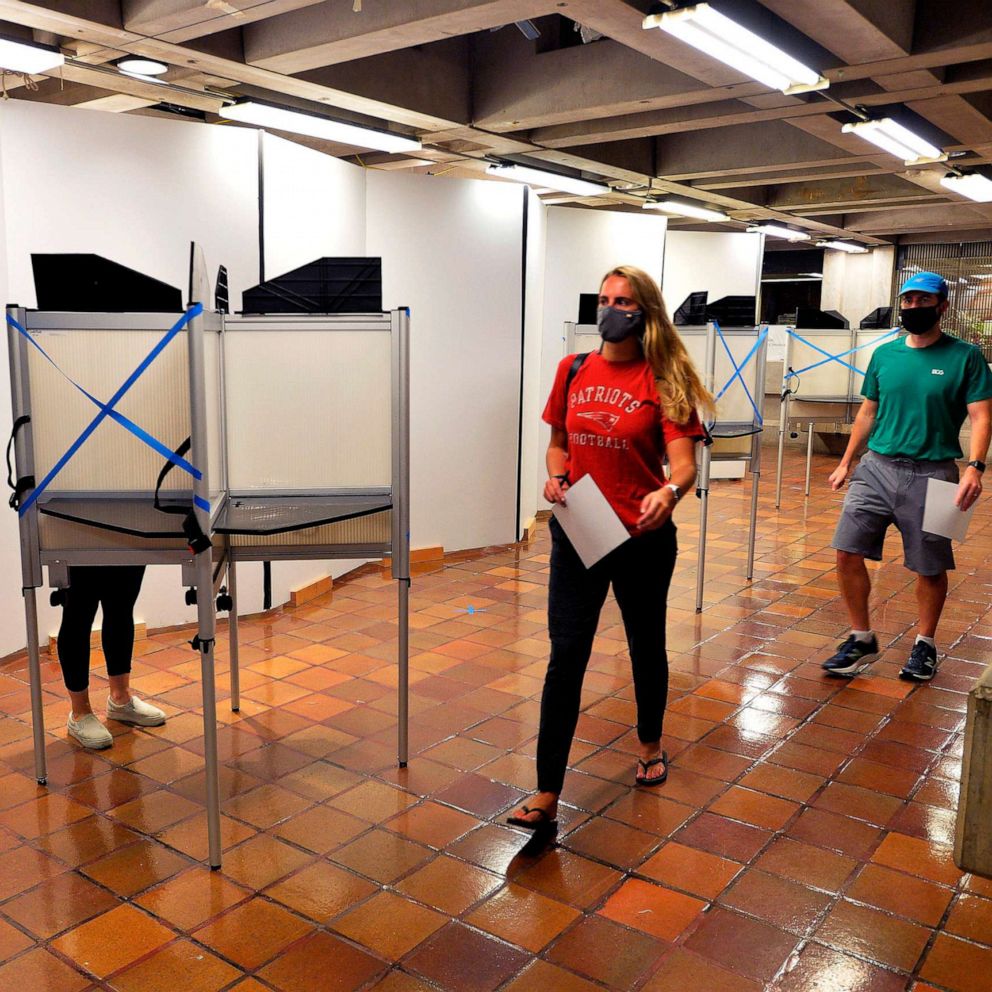Boston Public Schools suspend all in-person learning amid rising COVID-19 positivity rate
Boston's positivity rate has jumped in the last seven days to 5.7% from 4.5%.
All in-person learning for Boston Public School students has been suspended after health officials found that the citywide COVID-19 positivity rate jumped significantly in the past week.
Boston Public Schools Superintendent Brenda Cassellius said in a letter sent on Wednesday to school district employees that all in-person learning activities are to cease starting on Thursday due to an alarming jump in new coronavirus cases citywide.
Cassellius' announcement came just hours after the Boston Public Health Commission released data showing the citywide seven-day COVID-19 positivity rate has jumped from 4.1% on Oct. 7 to 5.7% in its latest numbers.
"We remain committed to providing in-person learning opportunities to our students as soon as it is safe to do so, and will continue to prioritize our students with the highest needs for in-person learning," Cassellius wrote in the letter obtained by Boston ABC affiliate WCVB.
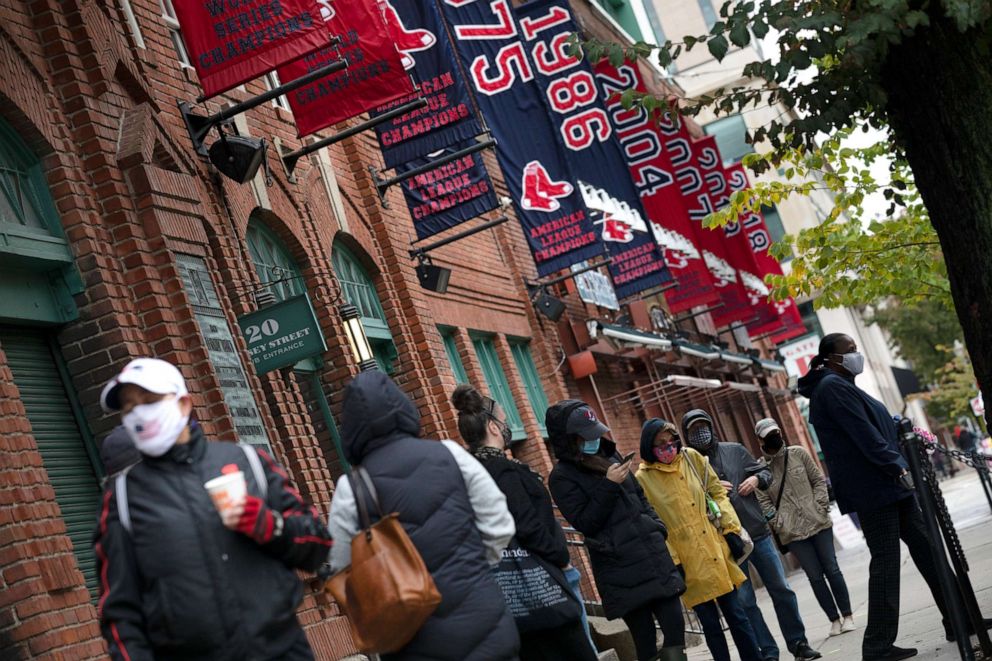
In-person learning will not resume until the citywide COVID-19 positivity rate falls below 5% for two straight weeks, officials said.
Despite the positively rate climbing above 4%, school officials had allowed high-needs students to continue in-person leaning until now.
About 1,300 high-needs students, which include students with learning disabilities and homeless children, had been attending class as part of a hybrid model, and more students were expected to begin in-person learning this week, officials said.
Since the academic year began on Sept. 21, the bulk of Boston's public school students have been attending school remotely.
Last week, a judge rejected a request from the Boston Teachers Union for an injunction to stop teachers from going into school buildings after the city's COVID-19 positivity rate surpassed 4%.
"The BTU supports the decision to switch to all-remote learning in light of the troubling increase in COVID positivity rates announced today," the union said in a statement. "However, we remain very concerned about the impact on the learning experience of high-needs students. We continue to advocate for a safe and sustainable plan that safely provides the additional services that many of our special education, EL and other students continue to need."
The seven-day average for new coronavirus cases across Massachusetts has been steadily rising for nearly seven straight weeks -- jumping by 86% in the last month, according to ABC analysis.
"We have said all along that we will only provide in-person learning for students if the data and public health guidance supports it, and this new data shows that we are trending in the wrong direction," Boston Mayor Marty Walsh said at a news conference Wednesday.
The problems in Boston and across Massachusetts mirror a trend sweeping the country. New coronavirus cases in the United States saw a major increases over the last week, according to an internal memo by the U.S. Department of Health and Human Services obtained by ABC News.
The memo said 387,590 new cases were confirmed during the period of Oct. 12 and Oct. 18, which represented a 12.6% increase from the previous seven-day period.
The national test-positivity rate decreased to 5.7% from 5.9% in week-to-week comparisons. Roughly 21% of hospitals across the country have more than 80% of their intensive care unit beds filled, according to HHS.
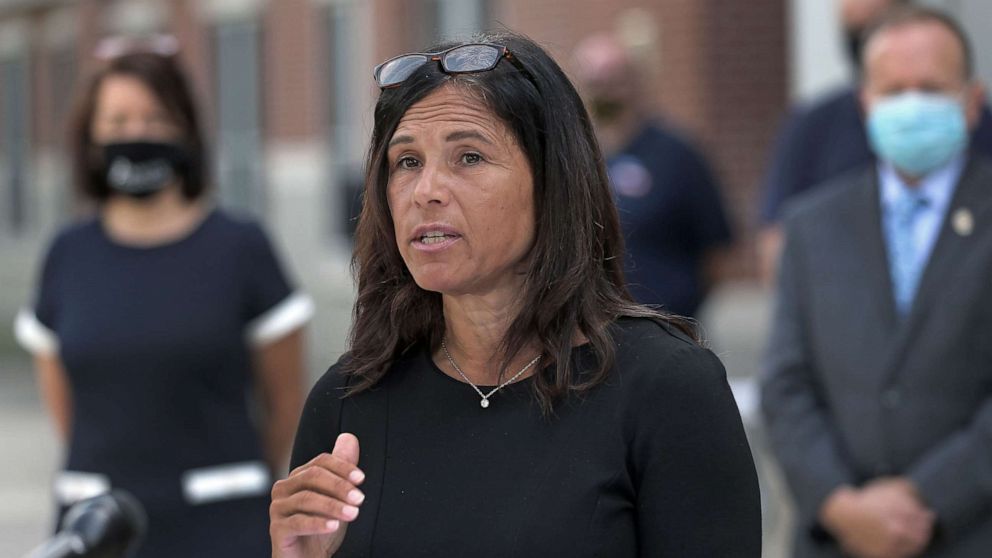
The agency said 44 states and territories are in an upward trajectory of new cases, four jurisdictions are at plateau and eight are going down
In the Northeast, Connecticut and New Jersey, which have had relatively few new cases of coronavirus, both announced increases this week in their respective weekly positivity rates. Connecticut Gov. Ned Lamont announced on Tuesday that his state's weekly positivity rate climbed to 3%, the highest it's been since June. New Jersey's positivity rate has climbed to 3.5%.
The governors of New York, New Jersey and Connecticut released a joint statement on Tuesday urging "all of our residents to avoid unnecessary or non-essential travel between states at this time."
What to know about the coronavirus:
- How it started and how to protect yourself: Coronavirus explained
- What to do if you have symptoms: Coronavirus symptoms
- Tracking the spread in the U.S. and worldwide: Coronavirus map
